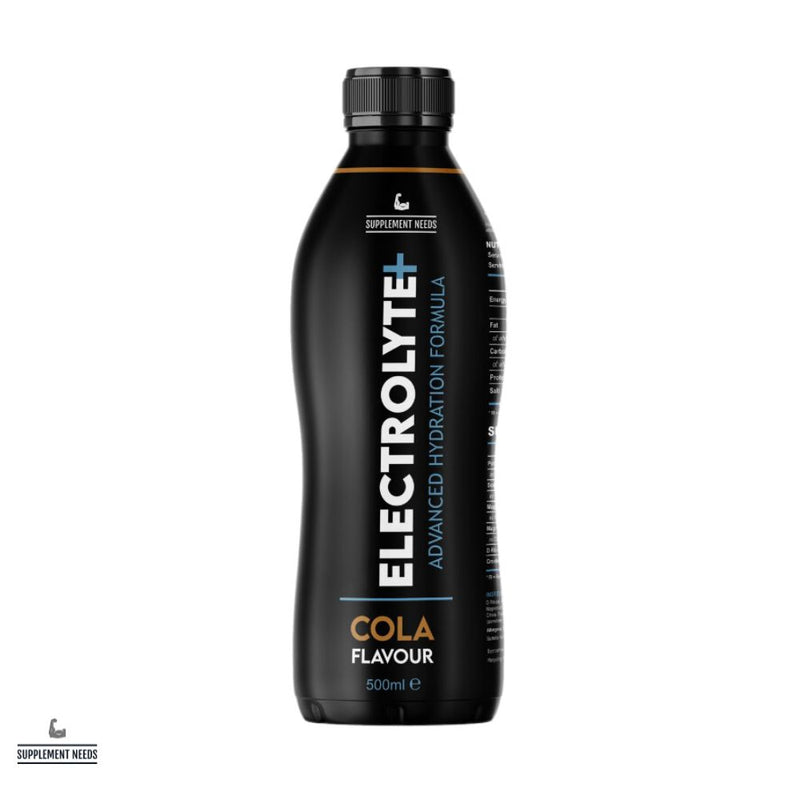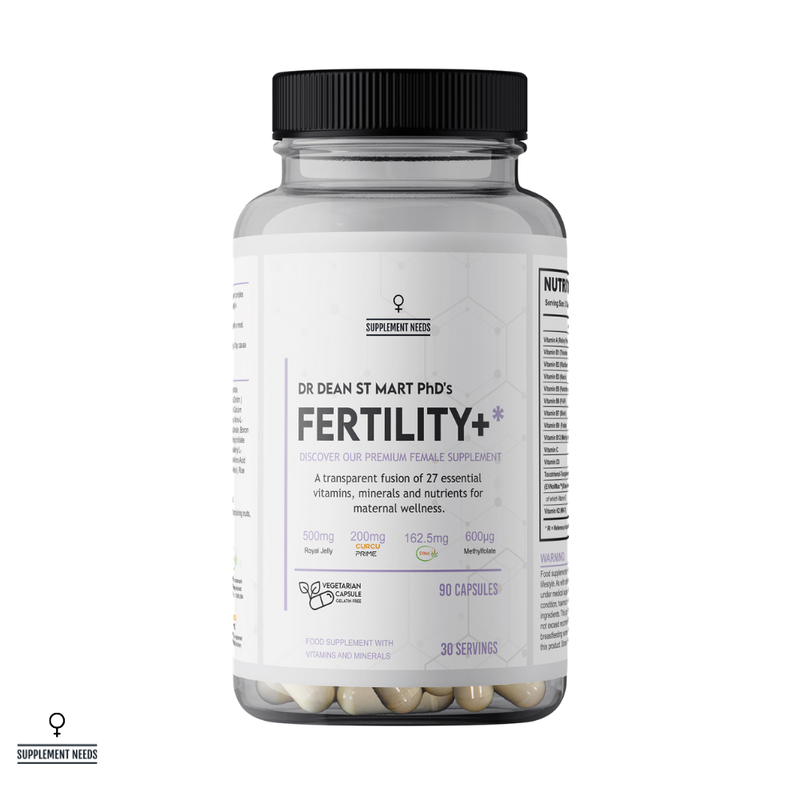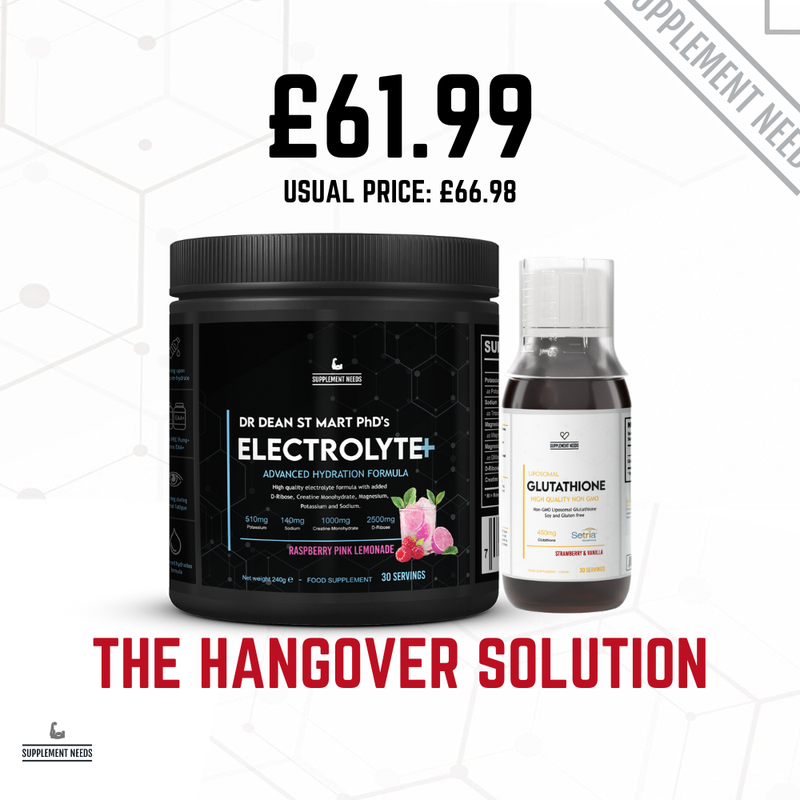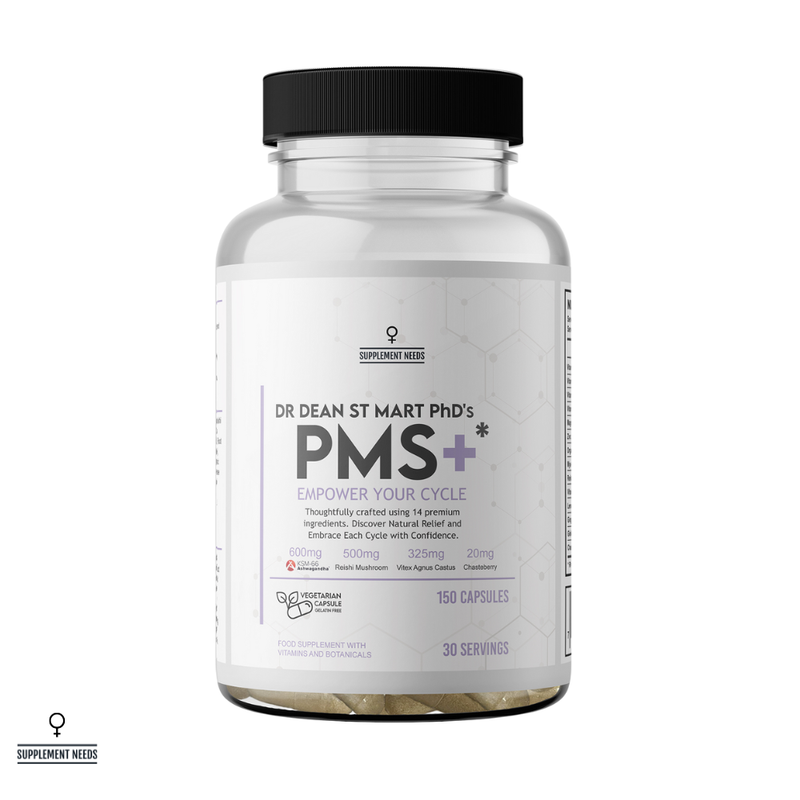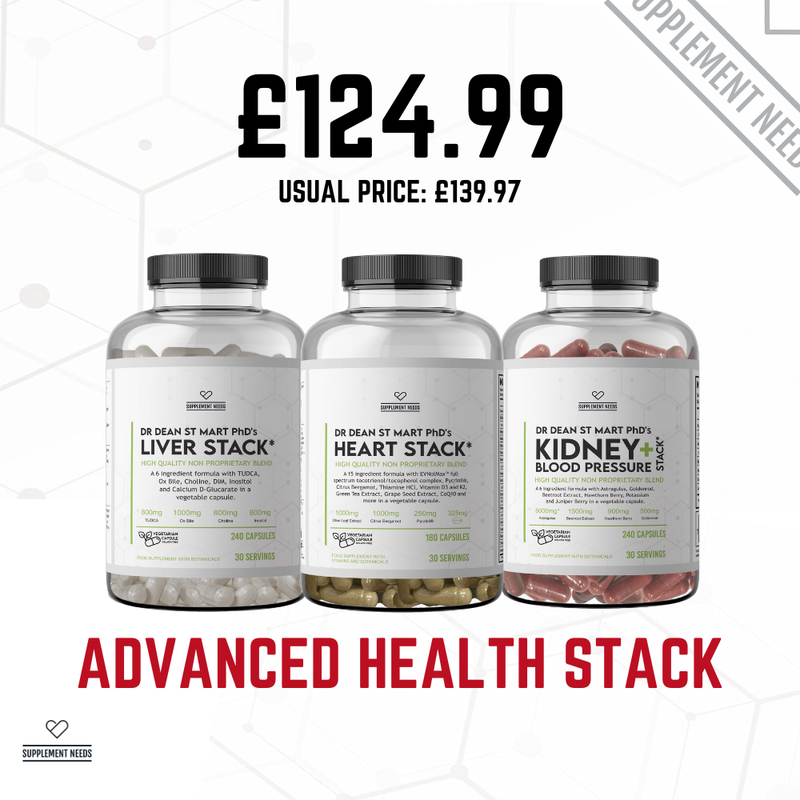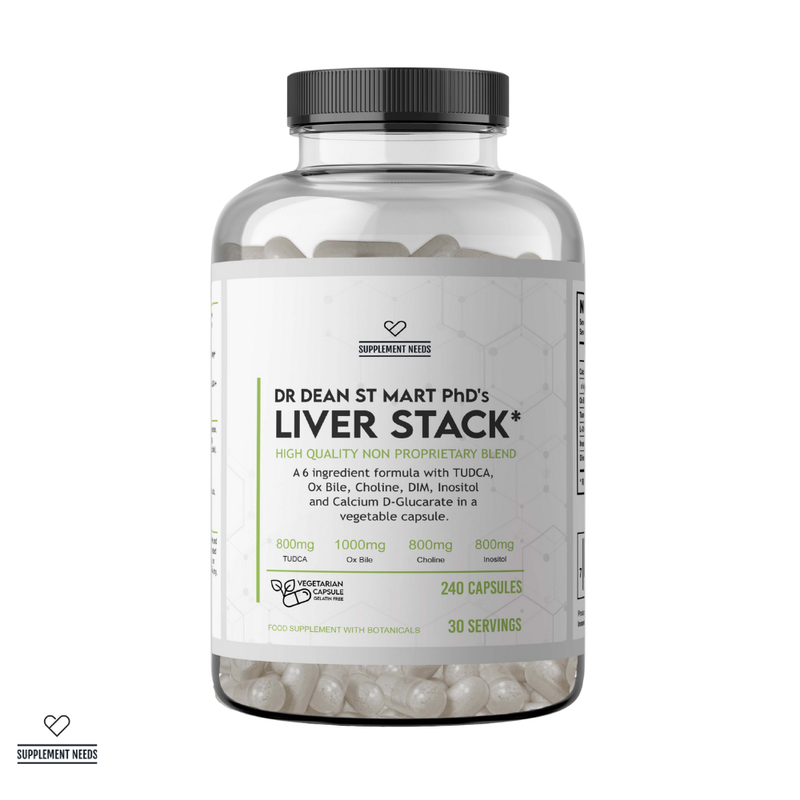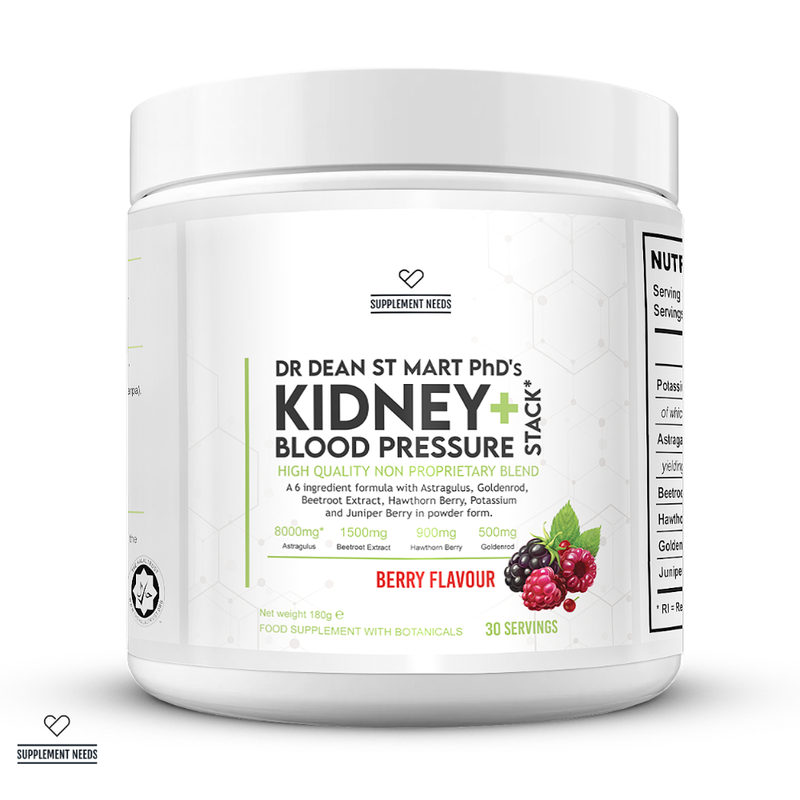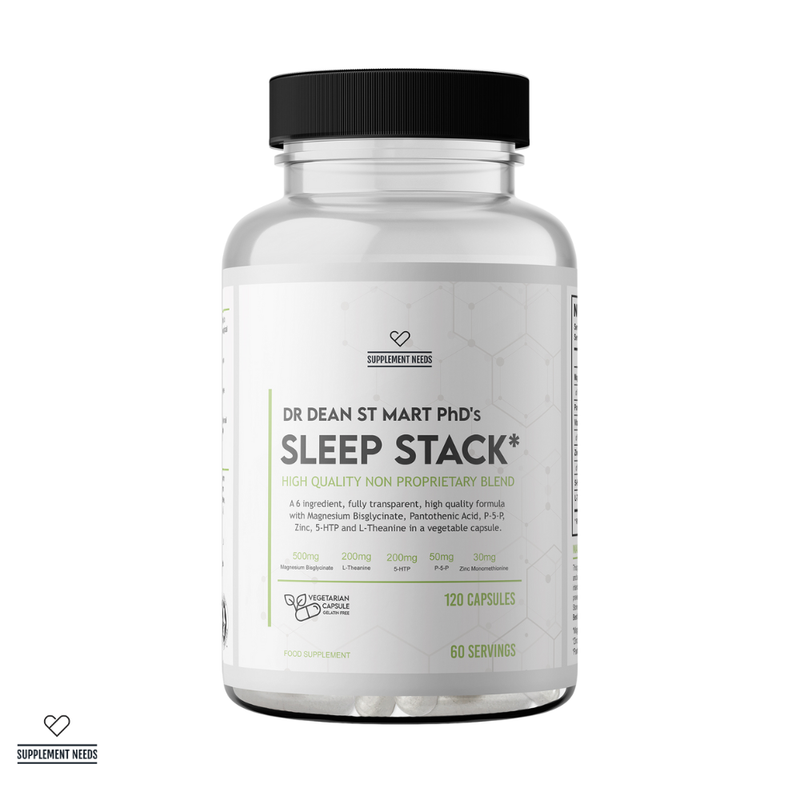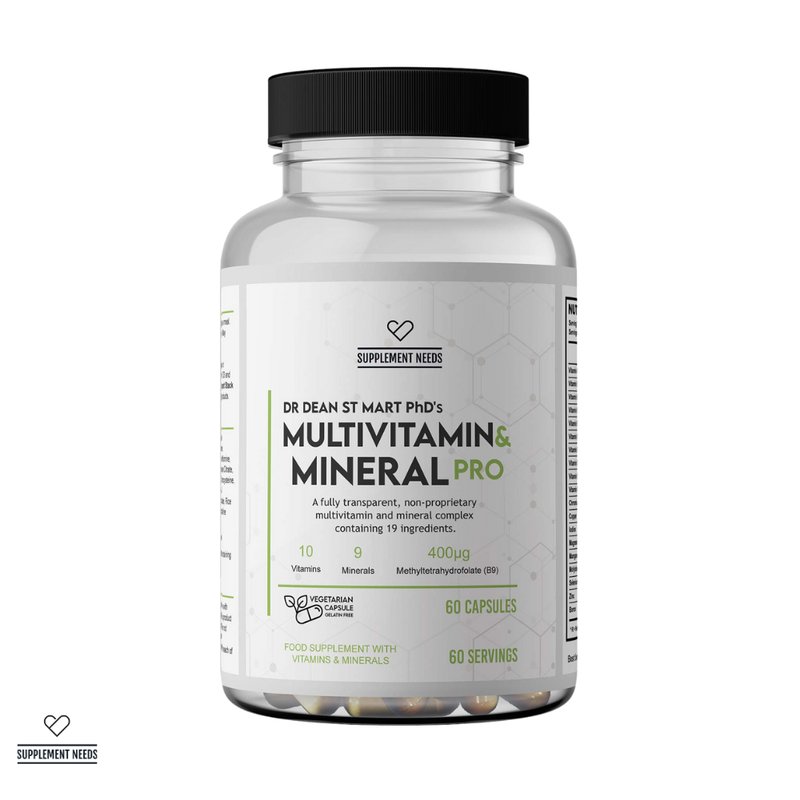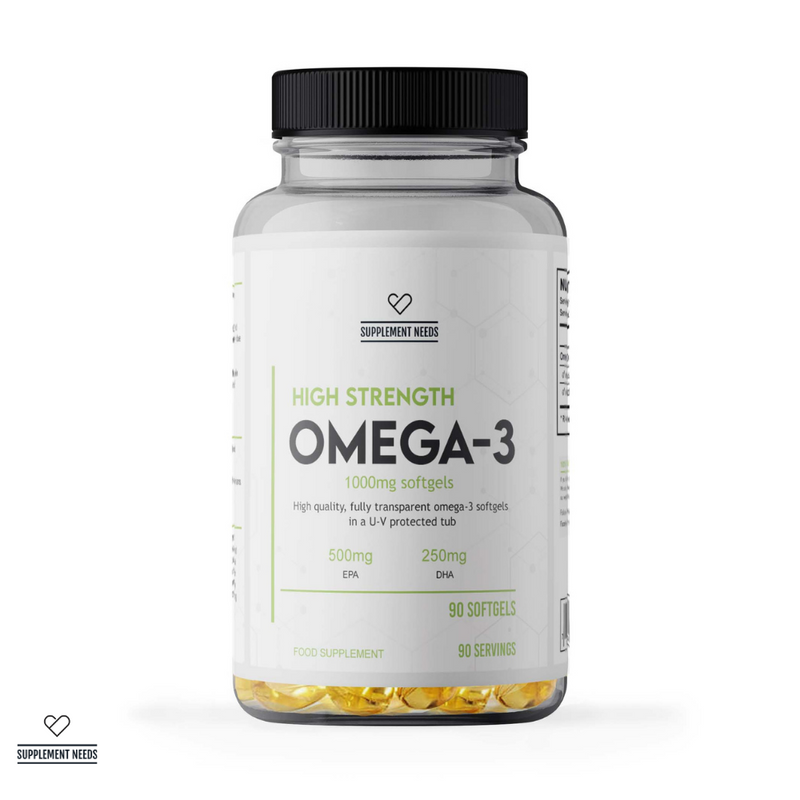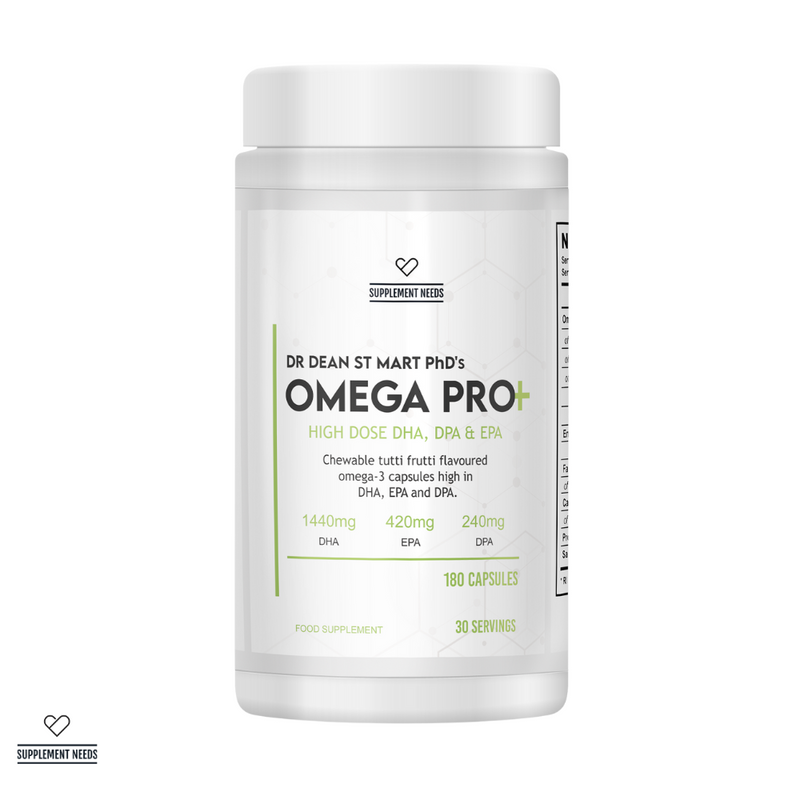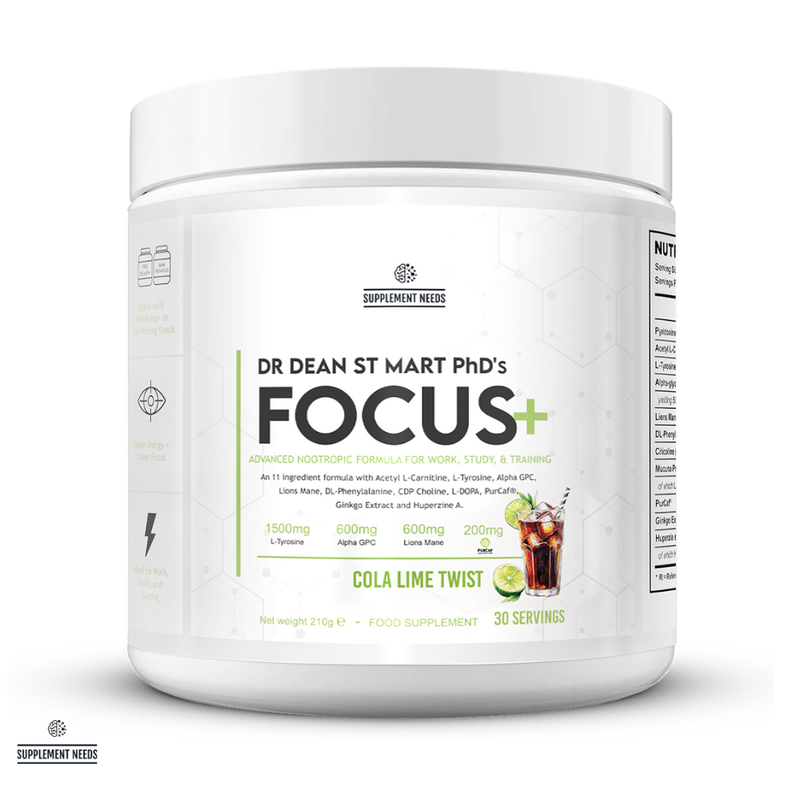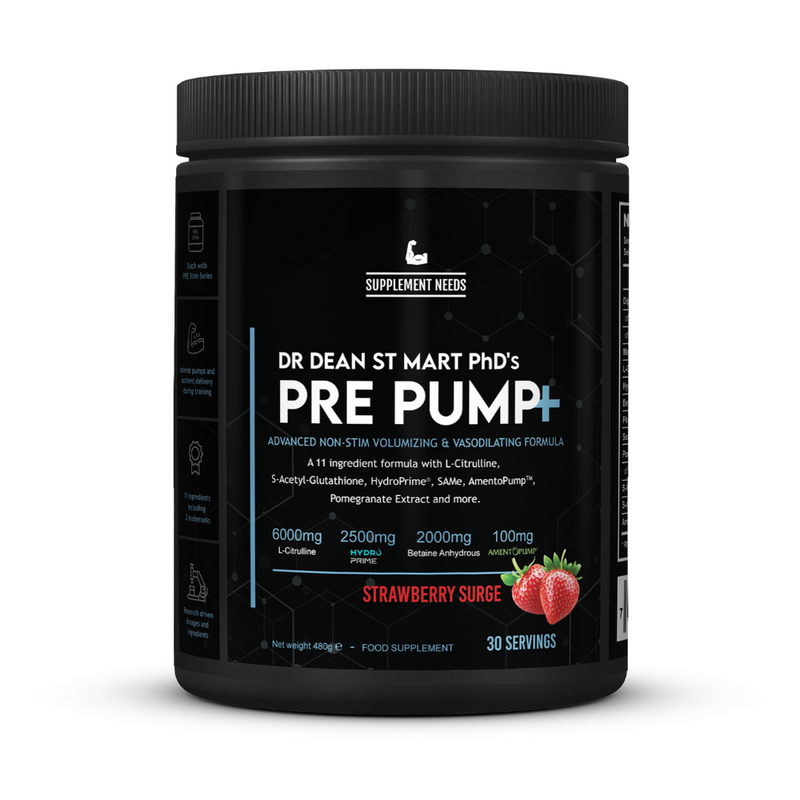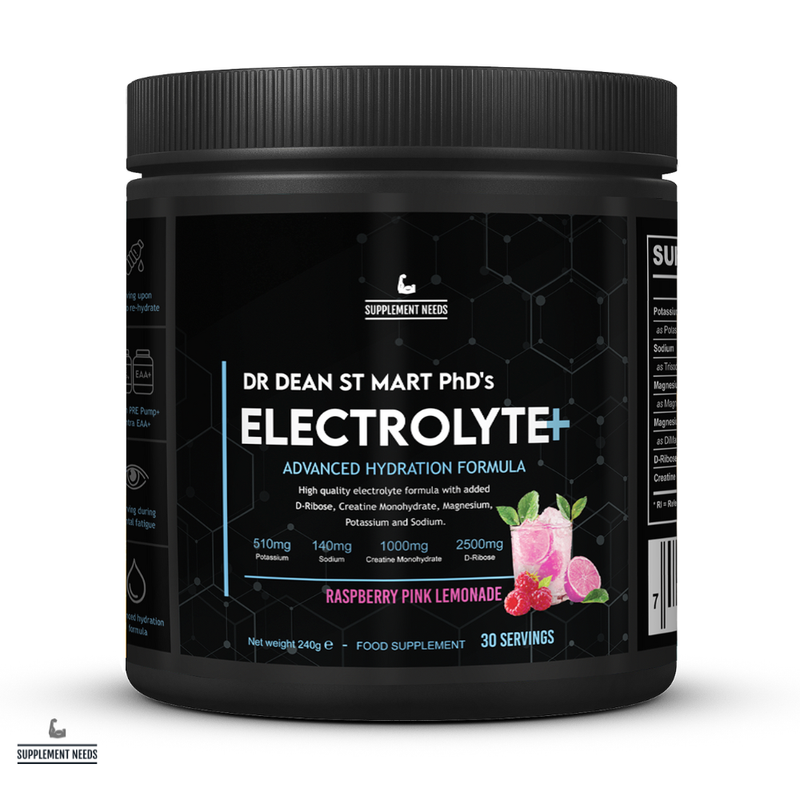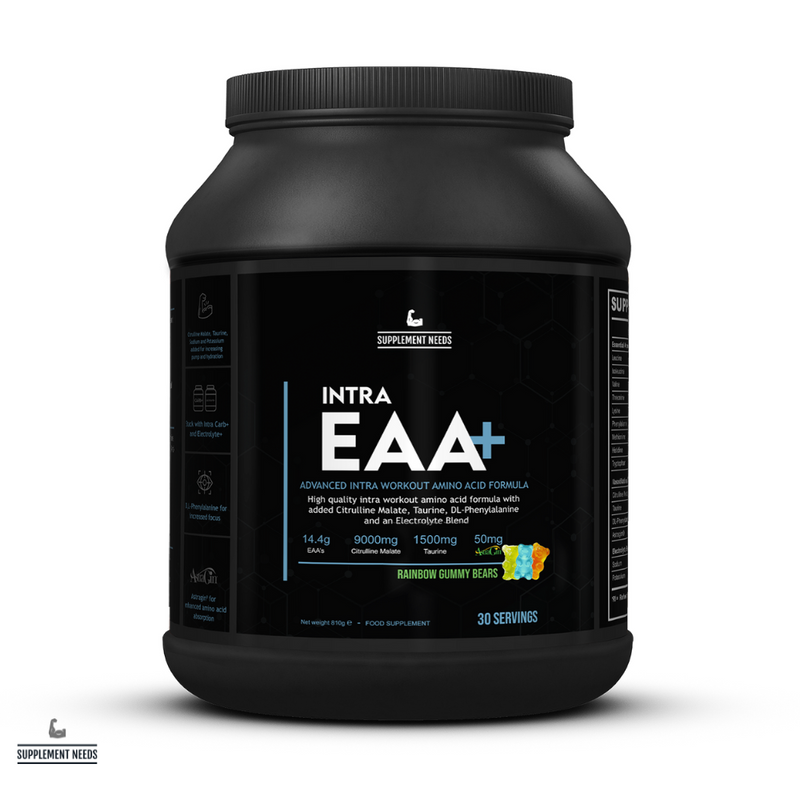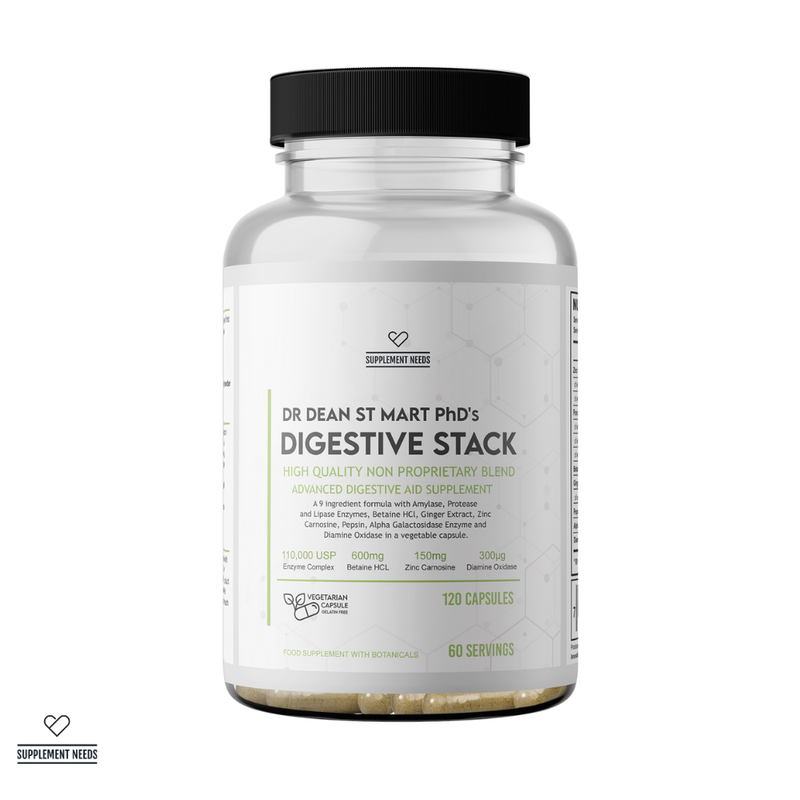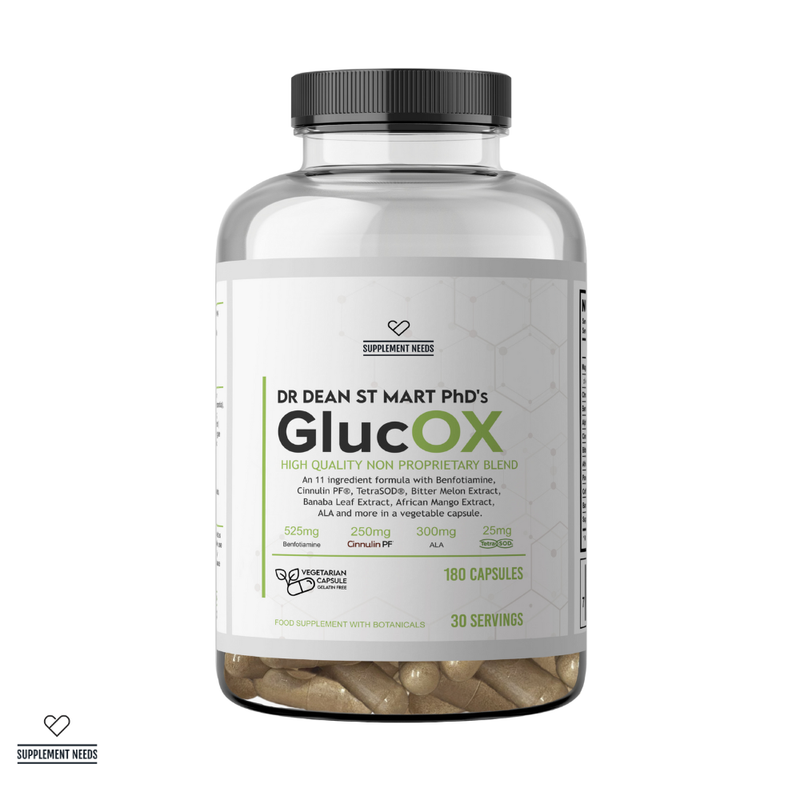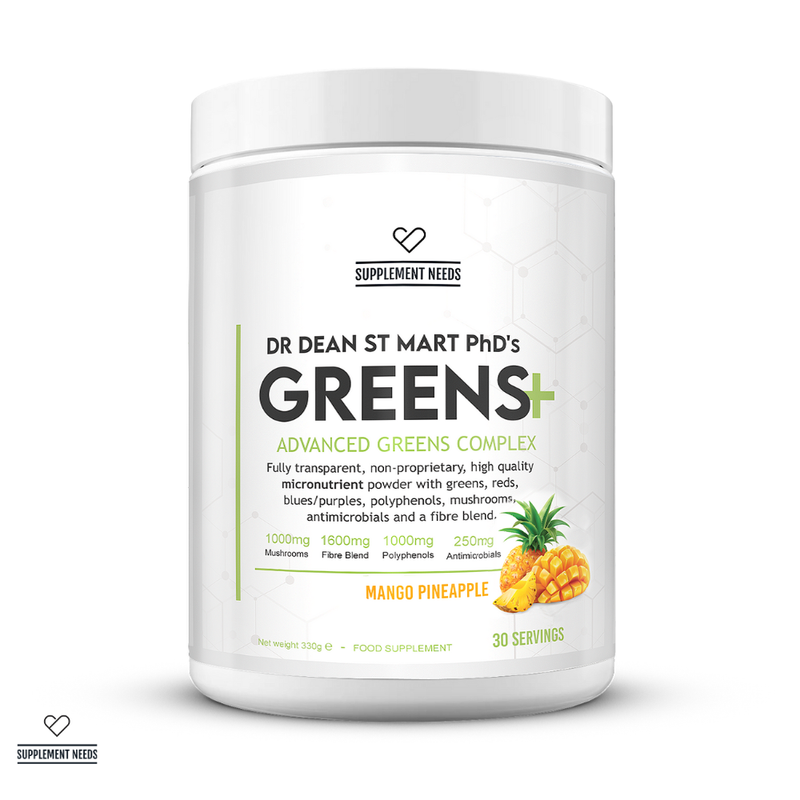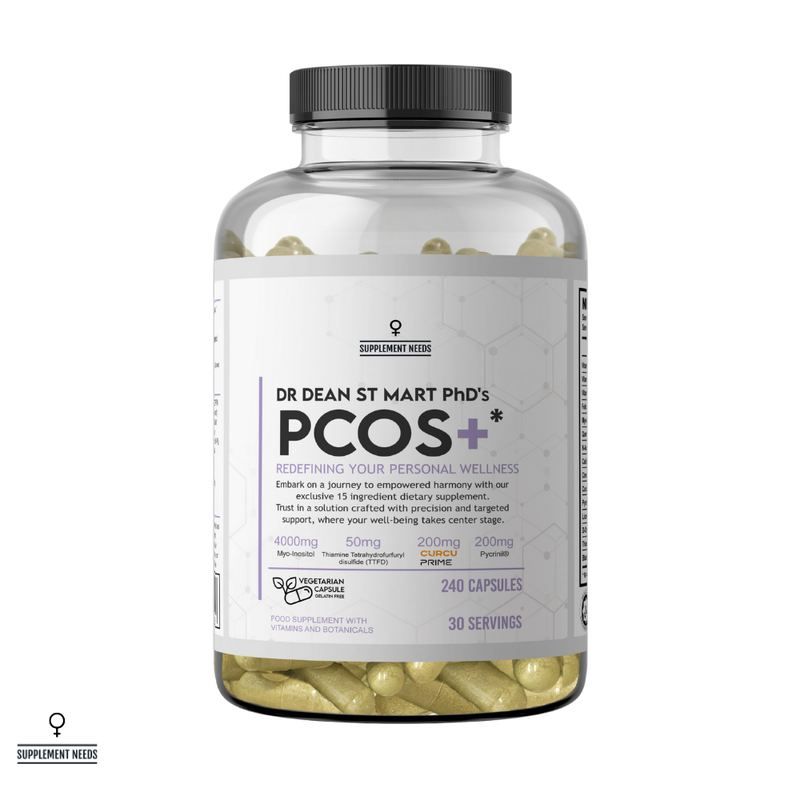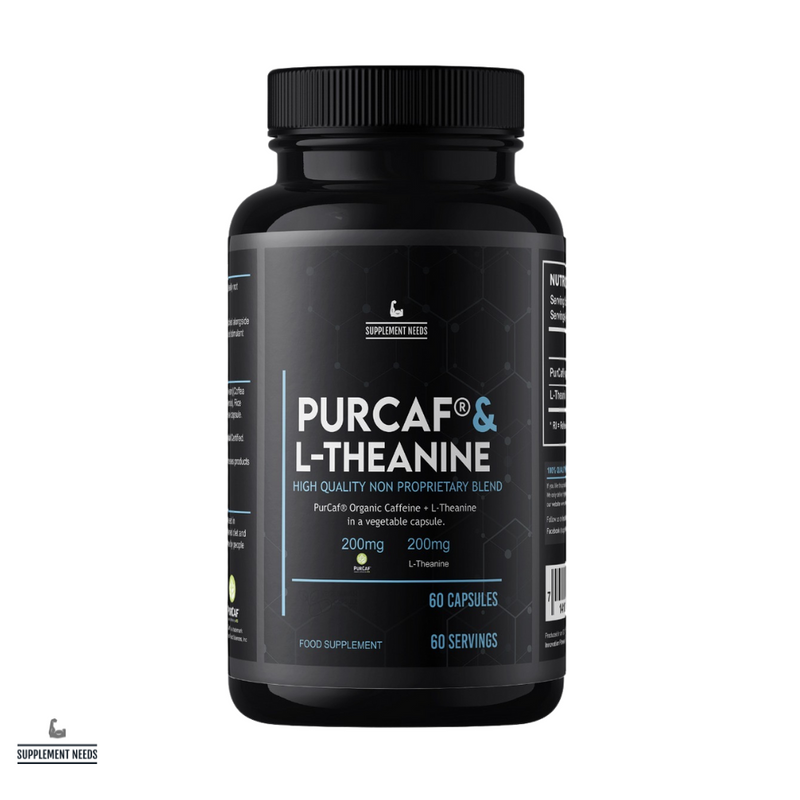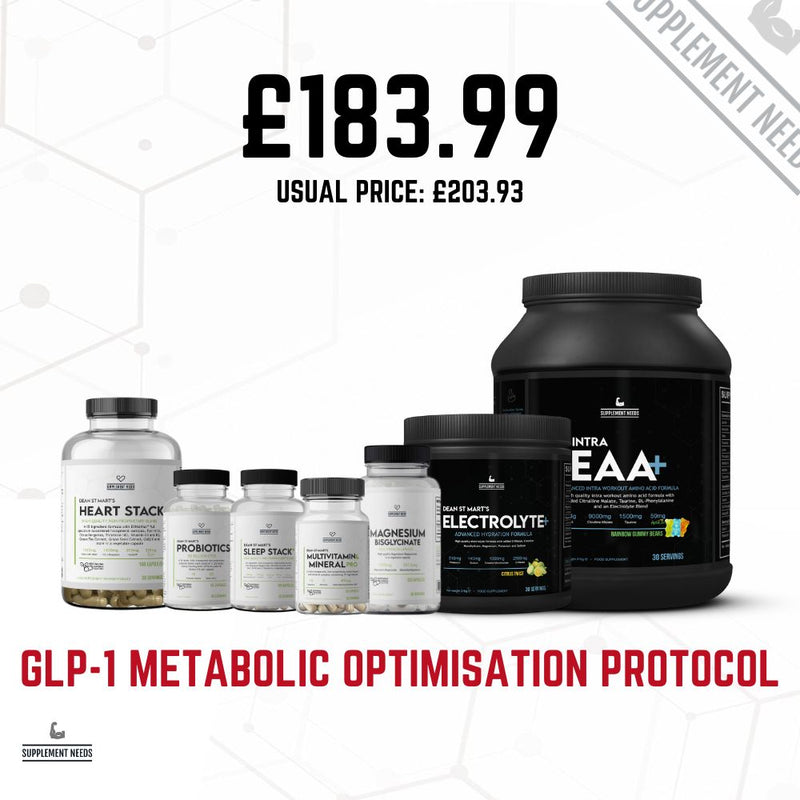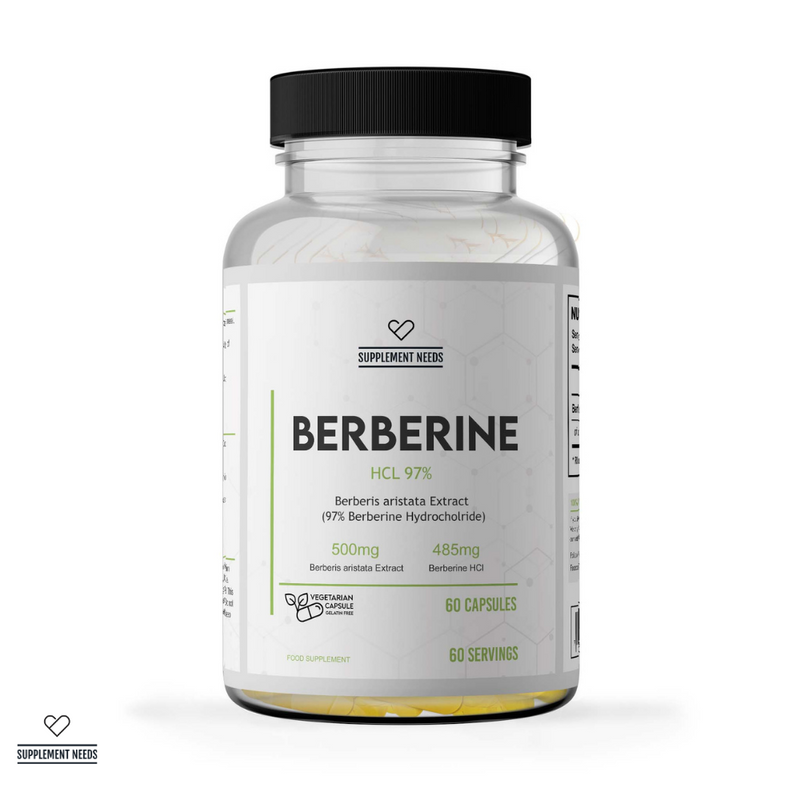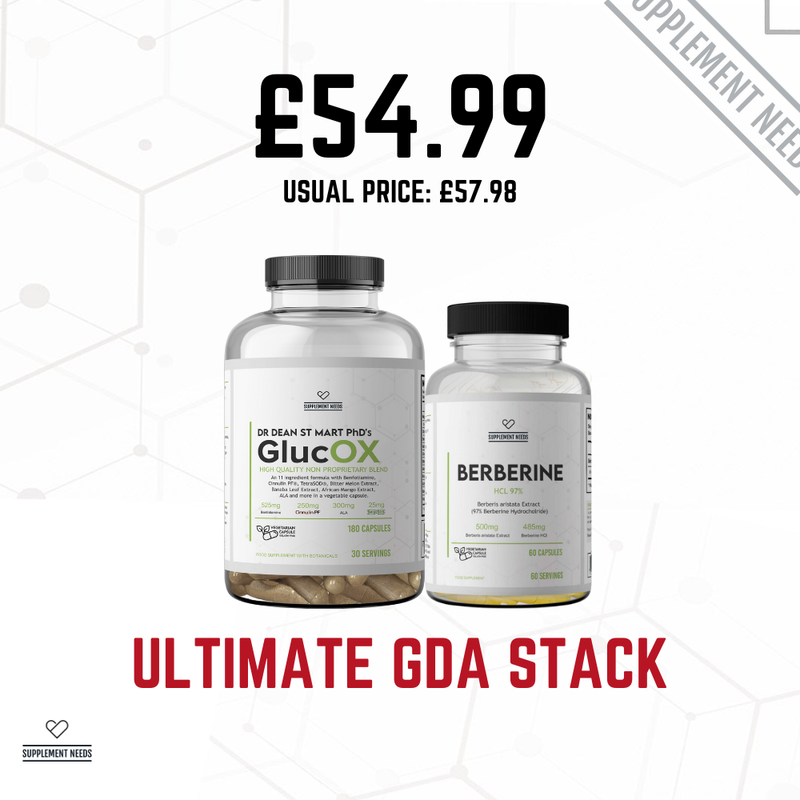Used in traditional Chinese and Ayurvedic medicine for thousands of years, Berberine has been steadily increasing in popularity in modern, Western diets over the past several years. Berberine supplements then, are one of the easiest ways to include this compound into your diet.
But what is berberine, and how does it impact the body?
What is Berberine?
Berberine is a naturally derived alkaloid found in the bark, stems, roots, and rhizomes (root stems) of plants – most commonly from plants in the Berberis family from which it gains its name. This includes, but is not limited to:
- European Barberry, Berberis vulgaris.
- Goldenseal, Hydrastis canadensis.
- Phellodendron, Phellodendron amurense.
- Tree Turmeric, Berberis aristata.
Outside of its incorporation in traditional medicinal practices, Berberine has been used for centuries as a natural dye due to its bright yellow colouring.
What does Berberine do?
As a bioactive compound, Berberine binds to various molecules in your cells and triggers useful responses. But what are the potential benefits of berberine?
Reduce hyperglycemia
One of the most well-researched is Berberine’s ability to combat hyperglycemia by increasing insulin uptake and reducing cellular resistance to insulin – which assists your body in metabolising glucose (Cao, Su, 2019).
Or, put more simply, Berberine can help to lower your blood sugar by helping cells remove and use sugar from your bloodstream.
Activate AMPK
Berberine also works in the body to activate AMPK, or AMP-activated protein kinase (Neag, et al, 2018). This enzyme is essential for cellular metabolism and energy uptake, and plays a role in how Berberine can lower blood sugar (as mentioned above).
Assist with metabolic disorders
Studies such as Ye et al, 2021, suggest that Berberine can help to reduce triglycerides, total cholesterol, and low-density lipoproteins (LDL), whilst increasing high-density lipoproteins (HDL) for improved responses to obesity and hyperlipidemia.
Assist with weight loss
Arguably one of the most well-known potential benefits of Berberine is its role in weight loss. Whilst requiring more in-depth testing, there have been studies to suggest a relationship between Berberine supplementation and weight loss by reducing lipid levels (Ilyas et al, 2020), and reducing insulin resistance in your cells.
These effects are vital for the treatment of conditions like type 2 diabetes, where Berberine supplements may potentially assist conventional medicines to manage symptoms.
Reduce symptoms of PCOS
Polycystic Ovary Syndrome, or PCOS, affects approximately three to 10% of women worldwide. Rondanelli et al, 2020, has explored the potential of Berberine as a natural potential treatment for PCOS symptoms, including insulin resistance and lipid uptake.
When to take Berberine
As berberine has an impact on glucose levels, this supplement should be taken within half an hour of a reasonable meal.
How much Berberine should I take?
As with any nutritional supplement, taking the correct dosage is essential. The majority of Berberine studies measure a dosage of around 1,500 mg per day (this held at taking 500mg tablets thrice daily).
Note - the suggested dosage of Supplement Needs Berberine is one capsule daily, to be taken alongside a high carbohydrate meal. Do not exceed the recommended dose.
What can Berberine be stacked with?
Did you know that Supplement Needs Berberine can be ‘stacked’ alongside our Supplement Needs GlucOx?
Supplement Needs GlucOx has been carefully formulated to combine 11 ingredients that can potentially support blood glucose management - complementing the potential support provided by Berberine.
GlucOx includes a number of patented, non-generic ingredients, including Superoxide Dismutase as TetraSOD® (at 25 mg per six capsule serving). This is a unique marine microalgae ingredient that has been shown in studies Gil-Cardoso et al, 2022, to promote antioxidant production and reduce oxidative stress.
Other core, proprietary ingredients of GlucOx include CinnulinPF® - a water soluble, and highly-bioavailable form of cinnamon bark - which has been shown (Rao, Gan, 2014) to offer numerous benefits - amongst these, the potential to contribute to optimal blood sugar level management.
Tip - grab some great savings by buying our Berberine and GlucOx bundle.
Where to buy Berberine: choose Supplement Needs
Not all Berberine supplements are made equal – which is why you should always research your options before you buy.
At Supplement Needs, we derive our Berberine supplements from Berberine aristate to produce a yield of 485 mg of Berberine HCL for a higher-quality product. Berberine hydrochloride (HCL) is a more bioavailable form of berberine salt which enhances the solubility of the supplement. An increased solubility improves the efficacy of absorption by the body and ensures that you’re receiving the maximum Berberine benefits per dose.
Our supplement formulas are overseen by the industry-renowned Dr. Dean St Mart PhD. Holding a double first class honours degree in chemistry and pharmaceutical chemistry, and a PhD in synthetic organic chemistry and fluorescence spectroscopy, this means that Supplement Needs products are expertly designed.
Order your Berberine supplements today to benefit from free shipping on all orders over £20. Additionally, orders placed before 3pm (Monday to Friday) will be dispatched the same day.
